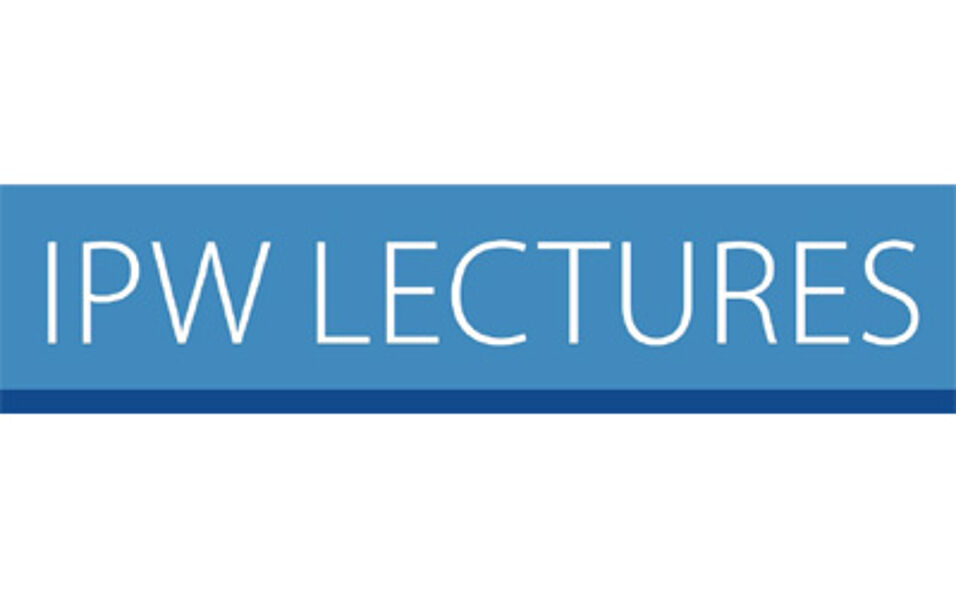When: Monday, 21 November 2022, 16:45
Where: Hörsaal III (ground floor), Neues Institutsgebäude (NIG), Universitätsstraße 7, 1010 Vienna
Lecturer: Alexander Astrov (Central European University, Vienna)
Moderation: Dorothee Bohle (University of Vienna)
Abstract
When it comes to figuring out what Russian president Putin wants or plans, there is precious little to go by. The regime and political culture of which it is a part are anything but transparent. All we have are occasional articles and regular public speeches. Responding to the latest of such speeches, many observers, including the White House, concluded that they did not hear anything new. A far cry from the “new thinking” that ended the Cold War, indeed. Putin’s public statements - and some would argue, his politics - do seem to favour continuity and stability over innovation.
Yet, in that same speech at the Valdai Club, Putin used a metaphor hinting at his understanding of change, when he compared global processes to tectonic shifts. Something, he said, is changing all the time, but most of the time, these changes remain undetectable. It is only when tensions, previously undetected, reach a certain threshold, violent revolutionary eruptions occur. This raises at least two questions. Should we take Putin’s rhetoric - or any political rhetoric - seriously? And if we do, what analytical tools do we have for detecting ongoing imperceptible changes before they erupt into violence? The lecture draws on the work of Russian semioticians and philosophers, Yuri Lotman and Alexander Piatigorsky, in its attempt to answer these questions.

